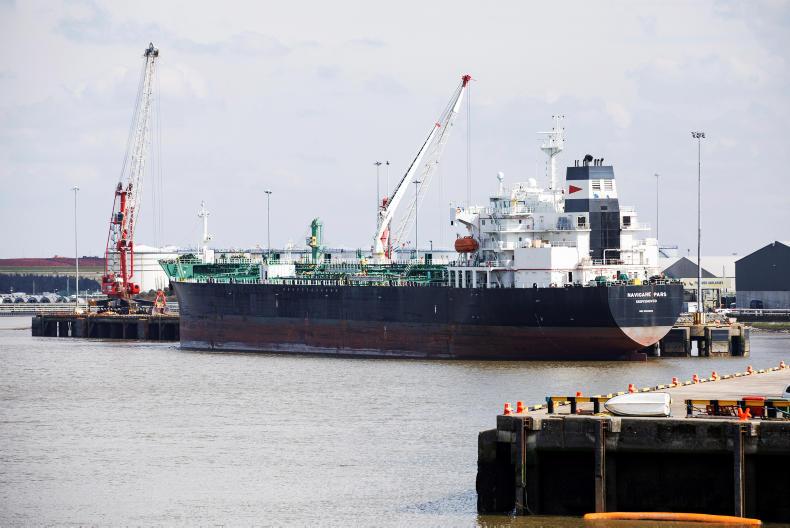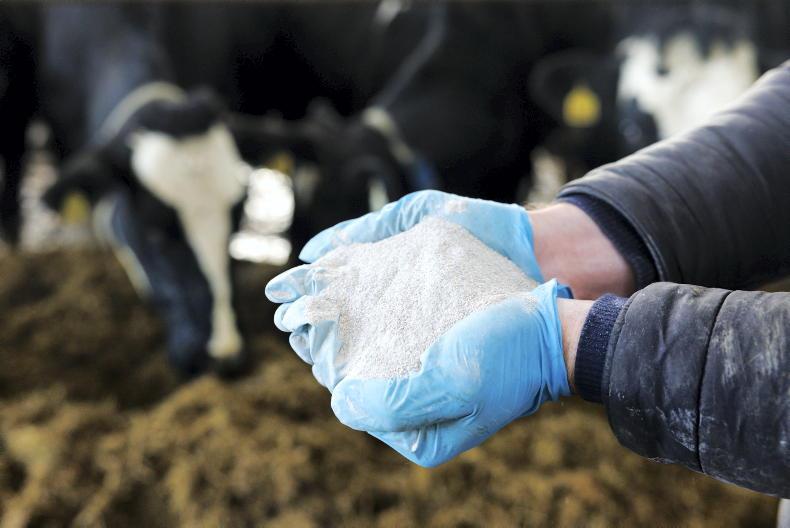There is general recognition from the NI agri-food industry that the Brexit deal done between British prime minister Boris Johnson and the EU is far from perfect, but it is a significantly better outcome than a no deal exit.
Ultimately something had to give, and perhaps it is no great surprise that the British gave in on a border down the Irish Sea rather than border checks and controls in Ireland.
How it all will work in practice is still not that clear, but there is no doubt that it will add complexity and cost for NI businesses who trade with Britain. How much complexity will depend on the extent of a future free trade agreement (FTA) between the UK and the EU. If the UK stays closely aligned to EU rules as part of a comprehensive deal, then trade friction should be relatively minimal.
However, a wide-ranging FTA with the EU will come with caveats that could ultimately scupper the Brexiteer dream of signing multiple trade deals with countries around the world. Even if this current exit deal gets approved by Parliament, subsequent trade negotiations with the EU will be far from straightforward.
Before all that happens, Prime Minister Johnson needs a general election. If he wins, we must assume this deal will get through.
But a Tory victory is not a given. A different outcome could yet yield a very different path.
Looking back over the past few months, there was an opportunity for a sensible Brexit deal in March, when MPs voted by just six against a proposal brought forward by Ken Clarke for a permanent customs union between the EU and UK.
In effect that would have aligned trade policy, allowing goods to flow relatively unhindered, while still giving the UK control over its money and borders. It would also have stopped the British market being flooded with cheap goods. Unfortunately, the DUP chose to vote against that Clarke proposal. What we are faced with now is potentially much worse.
Read more
Watch: cattle hauliers join border lorry demonstration
What the Brexit deal will mean for farmers
There is general recognition from the NI agri-food industry that the Brexit deal done between British prime minister Boris Johnson and the EU is far from perfect, but it is a significantly better outcome than a no deal exit.
Ultimately something had to give, and perhaps it is no great surprise that the British gave in on a border down the Irish Sea rather than border checks and controls in Ireland.
How it all will work in practice is still not that clear, but there is no doubt that it will add complexity and cost for NI businesses who trade with Britain. How much complexity will depend on the extent of a future free trade agreement (FTA) between the UK and the EU. If the UK stays closely aligned to EU rules as part of a comprehensive deal, then trade friction should be relatively minimal.
However, a wide-ranging FTA with the EU will come with caveats that could ultimately scupper the Brexiteer dream of signing multiple trade deals with countries around the world. Even if this current exit deal gets approved by Parliament, subsequent trade negotiations with the EU will be far from straightforward.
Before all that happens, Prime Minister Johnson needs a general election. If he wins, we must assume this deal will get through.
But a Tory victory is not a given. A different outcome could yet yield a very different path.
Looking back over the past few months, there was an opportunity for a sensible Brexit deal in March, when MPs voted by just six against a proposal brought forward by Ken Clarke for a permanent customs union between the EU and UK.
In effect that would have aligned trade policy, allowing goods to flow relatively unhindered, while still giving the UK control over its money and borders. It would also have stopped the British market being flooded with cheap goods. Unfortunately, the DUP chose to vote against that Clarke proposal. What we are faced with now is potentially much worse.
Read more
Watch: cattle hauliers join border lorry demonstration
What the Brexit deal will mean for farmers










SHARING OPTIONS